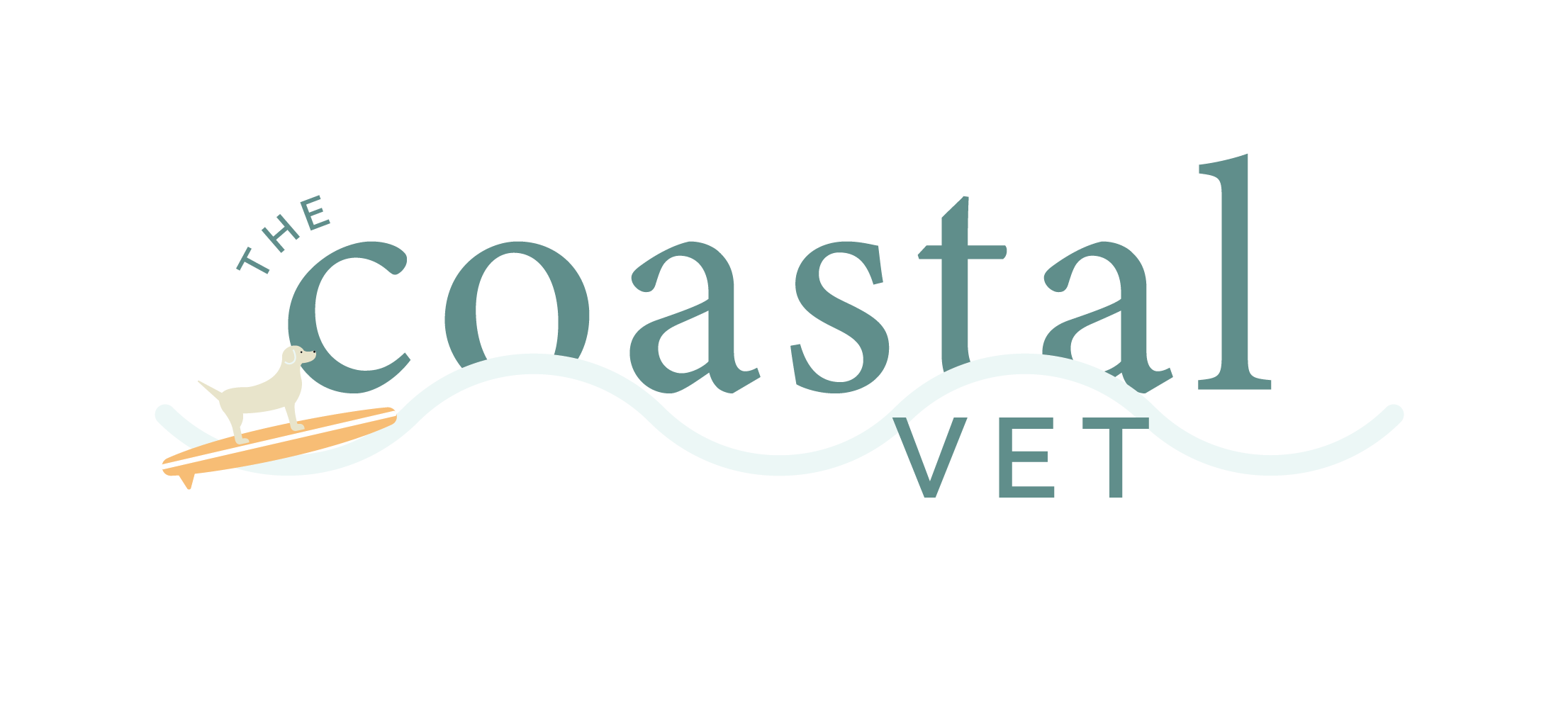Before apprehensively jumping into relief practice five years ago I had no idea what I was getting myself into. I had only worked with locum vets at previous practices. I never really asked about their work life or what went into the business side. I was just glad they were there. After moving to a new state I found the opportunity to pursue relief practice myself.
Fast forward to one year into relief work and I was thriving! I had so many requests I had to turn down potential work days. I was not overworked, consequently, I was happy, not stressed, had time to travel and to spend with family. I had found my home as a locum veterinarian. I don’t want to talk about the benefits of being a relief doctor over a full-time veterinarian, but rather look at how to find comfort in the perceived challenges of the job.
Let’s talk about how we can find comfort in this field of veterinary medicine. First of all, find yourself a great certified personal accountant and a good lawyer that can help you iron out a contract for your potential employers. Having a solid game plan for your relief practice will help remove a lot of variables and stress about your job. Next, learn to set your boundaries in your work hours, payments and clinical practice.
When I first started out as a relief doctor I knew I wanted set hours and to preferably NOT work overtime. So, I adjusted my rates to make it in my clients’ best interest to get me out on time, but I was also compensated fairly for my services. I never feel guilty for leaving on time or staying late.
As associate veterinarians we are never really expected to deal with money, but poor contracts and compensation is often the first reason many look for a new job. We as veterinarians all need to learn financial literacy, whether we have a small business or not. As independent contractors, relief veterinarians have to stick to our financial plans. This is where we have the most control of how busy we need to be in order to meet personal budgets. Do not be afraid to ask for your worth! Also assess your local market annually to see if there is a need to raise your rates along with economic inflation.
Ask what duties will be expected of you and what roles veterinary technicians and assistants have in the practice. If you do not feel comfortable performing particular surgeries or allowing unlicensed technicians to perform certain tasks, outline this prior to taking a job. Having a contract will help keep everything in writing and everyone on the same page. Do not accept a job that does not align with your standards of care, no matter how good the pay.
Once I started locum practice I realized my communication skills improved. I found more and more clients asking if I could be their regular vet. No disrespect to my employers or other associates, but I was able to only focus on my patients that day and their owners’ genuine concerns. The more you focus on the reasons your employers hired you (to help their clients), the more you will grow as a clinician.
As a relief doctor you must be more than a warm body to fill the appointment slots, you must connect with staff, clients and colleagues. Making these five areas of relief practice a priority helped me realize that I was finally able to do what I thought being a veterinarian was going to be like when I was in school. We help pets and their owners have happy and healthy lives.

